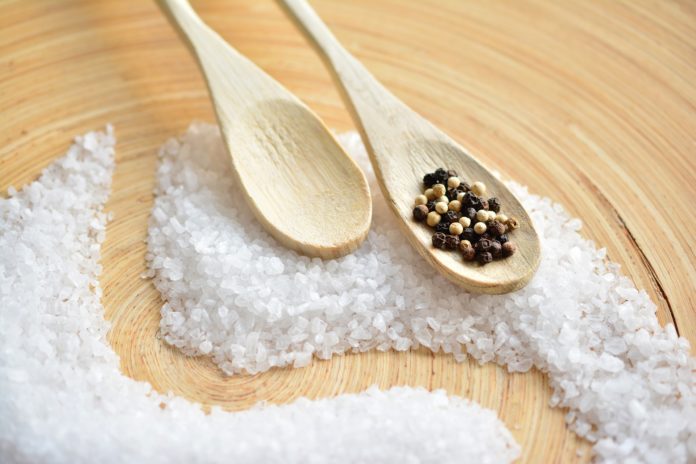Sodium reduction programmes may only be appropriate for communities with very high salt intake
A new study shows that for the vast majority of communities, sodium consumption is not associated with an increase in health risks. The only exception are those whose average consumption exceeds 5g/day (equivalent to 12.5g of salt, or 2 ½ teaspoons).
Communities with high average levels of sodium intake (above 5g/day) were mostly seen in China, with only about 15% of communities outside China exceeding this level of consumption.
WHO guidelines recommend a global approach to reducing sodium intake in all populations to below 2g/day, but this has not been achieved in any country. The authors of the study published in The Lancet say that sodium reduction strategies should instead target communities with high average levels of sodium consumption (above 5g/day).
The findings come from a new observational study of over 90000 people in more than 300 communities in 18 countries.
“At moderate intake, sodium may have a beneficial role in cardiovascular health, but a potentially more harmful role when intake is very high or very low”
“No country has managed to reduce levels of sodium consumption from moderate to very low (below 2g/day), and our study shows we should be far more concerned about targeting communities and countries with high average sodium intake (above 5g/day, such as China) and bringing them down to the moderate range (3 to 5g/day),” says Professor Andrew Mente, Population Health Research Institute (PHRI) of Hamilton Health Sciences and McMaster University (Canada).
Higher sodium intake was associated with increased blood pressure and increased incidence of stroke, but the association was found in communities with very high sodium intake (mostly in China) and not others. Higher sodium intake was associated with lower rates of myocardial infarction and total mortality.
“Our study adds to growing evidence to suggest that, at moderate intake, sodium may have a beneficial role in cardiovascular health, but a potentially more harmful role when intake is very high or very low. This is the relationship we would expect for any essential nutrient and health. Our bodies need essential nutrients like sodium, but the question is how much. The recommendation to lower sodium consumption to 2g/day is based on short-term trials of sodium intake and blood pressure, and the assumption that any approach to reduce blood pressure will necessarily translate into a lower risk of cardiovascular disease with no unintended consequences. While low sodium intake does reduce blood pressure, at very low levels it may also have other effects, including adverse elevations of certain hormones associated with an increase in risk of death and cardiovascular diseases,” adds Professor Mente.
Furthermore, rates of stroke, cardiovascular death, and total mortality decreased with increasing potassium intake in these communities. Diets rich in fruit and vegetables are high in potassium. However, it is not known whether potassium itself is protective, or whether it might simply be a marker of a healthy diet.
Professor Martin O’Donnell, McMaster University, co-author on the study, adds: “Our findings support other research recommending an all-round healthy diet with an emphasis fruit and vegetables, dairy foods, potatoes, nuts and beans. Very high sodium consumption (above 5g/day) is harmful, but the amount that is consumed by the majority of people does not appear to be linked to an increased risk of cardiovascular disease or death.”



Very shortly this web site will be famous among all blogging and site-building people, due to
it’s good articles